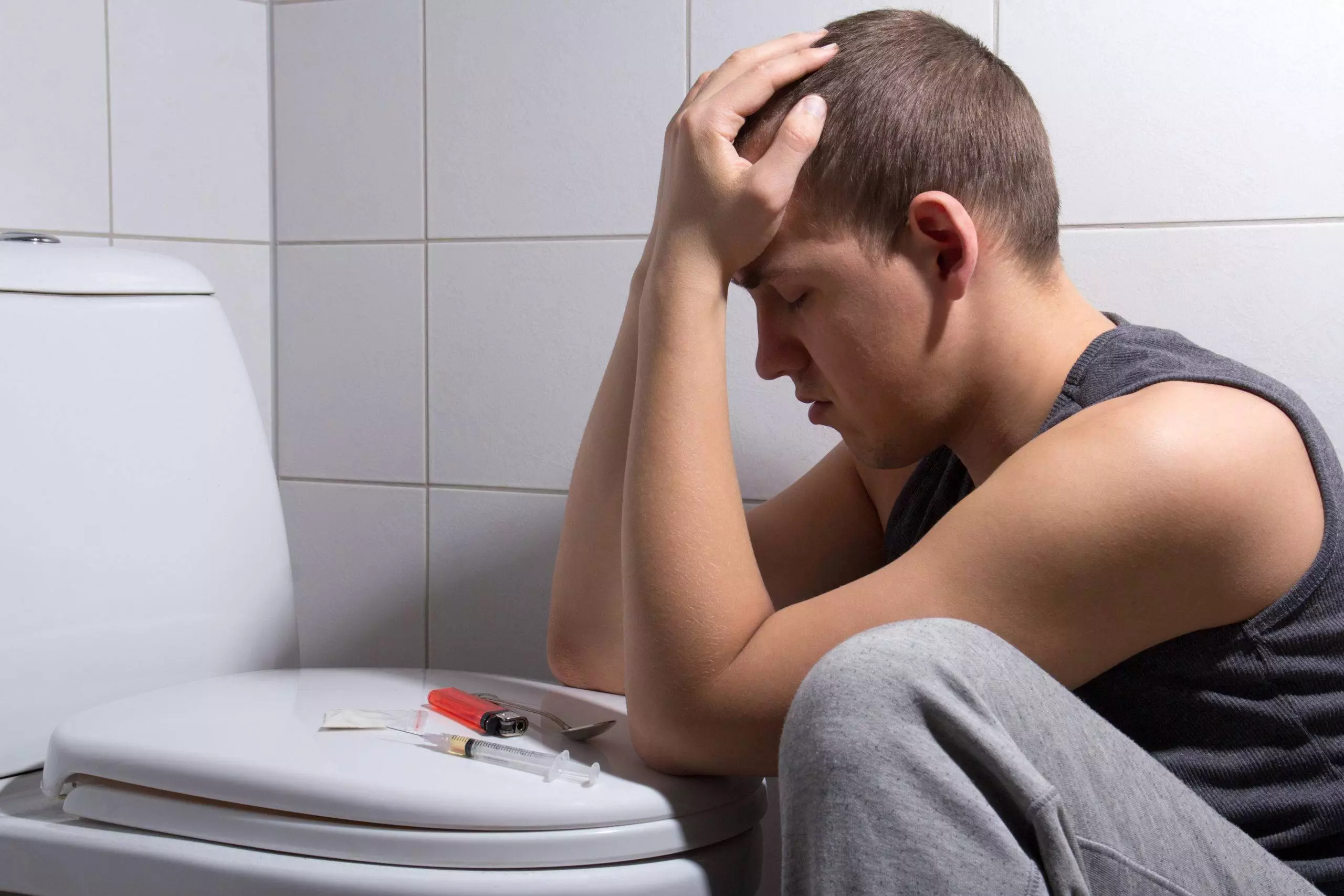There are countless substances out there that people can become addicted to. From prescription drugs and alcohol to street drugs and hallucinogens, there are an unnerving amount of drugs available. Unfortunately, experimenting with mind-altering substances can quickly lead to a full-blown physiological dependence. Once a dependence has formed, drug addiction is the next stage in the development of substance use disorders.
What is Physiological Dependence?
Physiological, or physical dependence refers to being physically, emotionally, and mentally dependent on a mind-altering substance. This means that someone not only feels as though they need drugs or alcohol to function but experiences a physical need for the substance, too. For instance, an individual in the throes of a physical dependence may feel like they cannot physically carry out tasks such as getting out of bed or getting dressed for the day. They may feel like they mentally cannot cope with the day’s potential stressors without using drugs or alcohol.
Many people with a physical dependence find that when they do not regularly use drugs or alcohol, they start to develop withdrawal symptoms which can be painful, distressing, and stand in the way of their ability to carry on with their lives. They may also remain emotionally closed off or unavailable until they can use again. This occurs because the body and the mind have become so profoundly dependent on the presence of whichever substance is being regularly abused that it actually cannot function well on its own. When this occurs, individuals often find themselves feeling trapped in a dangerous cycle of continued substance abuse that seemingly has no end.

Related: Dependence vs. Addiction: What’s the Difference?
Signs of Physical Dependence
There are a number of signs and symptoms of physical dependence, or substance use disorder, that a person can exhibit when they are dealing with this difficult issue. The more severe the dependence is, the more intense the symptoms can be.
Some of the most common signs of physiological dependence can include the following:
- Experiencing overpowering cravings for use that impede any other thoughts
- Feeling that one has to use drugs or alcohol regularly
- Requiring more and more of the substance in order to achieve the desired effects
- Ensuring that there is always enough of a supply so that use can continue uninterrupted
- Continuing to abuse the substance despite any negative consequences that come as a result of that use
- Engaging in risky behaviors regardless of the potential effects
- Spending the majority of one’s time thinking about, acquiring, using, or recovering from substances
- Developing withdrawal symptoms when unable to use at all or in usual amounts
Treating Physiological Dependence
Physiological dependence can be difficult to treat, especially if the person who is experiencing the dependence attempts to take treatment into their own hands. Physical dependence is cyclical and requires specialized effective evidence-based treatment. Therefore, it is ideal to obtain treatment for physiological dependence through a professional treatment provider.
One of the very first steps that a person with physiological dependence takes in the recovery process is going through detox. The detox process involves ridding the body of the addictive substance or substances in order to return to a neutral, drug-free state. This can be extremely difficult, as a number of withdrawal symptoms can develop. Generally speaking, physical withdrawal symptoms can include the following:
- Nausea
- Vomiting
- Diarrhea
- Headaches
- Muscle cramps
- Insomnia
- Anxiety
- Depression
Symptoms can intensify prior to tapering off, which is when many people who attempt to detox on their own relapse in an effort to stop the drug withdrawal symptoms from occurring. This can lead to the continuation of substance abuse and subsequent physical dependence.
However, seeking help through a professional addiction treatment center can help individuals to detox in the care of those who know what treatments to offer and when. This can include prescribing medications to help reduce the intensity of withdrawal symptoms and providing individuals the opportunity to speak with a mental health specialist when their symptoms become overwhelming. Withdrawing under the care of medical professionals is the very best, most effective way to detox from drugs or alcohol in a safe, secure manner where complications are less likely to occur.
Accessing Help and Support
If you think you are experiencing physiological and psychological dependence or are unsure if you are, reach out to us today. Our team of compassionate and skilled professionals can answer any and all of your questions so that you can feel fully prepared as you learn about your treatment options.
It is never too late to ask for a helping hand. At Clear Behavioral Health, we can help you overcome your challenges with addiction and begin living a happier, healthier life. We offer a full continuum of care for both substance abuse and mental health. For substance use disorders, it is recommended that individuals complete a drug detox or alcohol detox followed by inpatient rehab and then an outpatient addiction treatment program. If mental disorders are the primary concern, we offer mental health residential treatment for severe cases, outpatient mental health programs, and virtual IOP. Your journey toward healing is only a call or click away.
